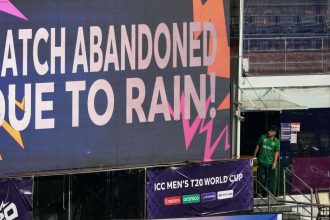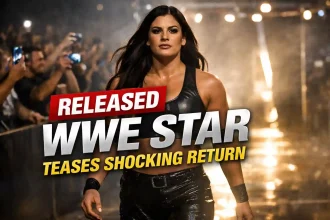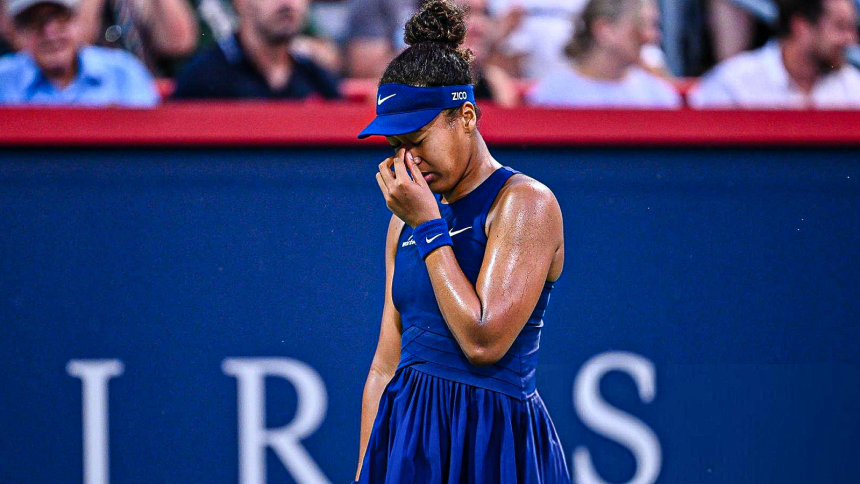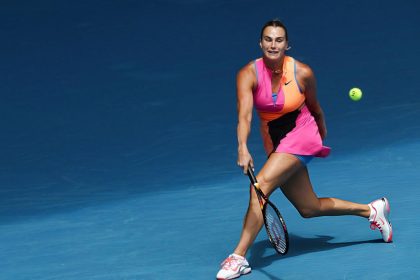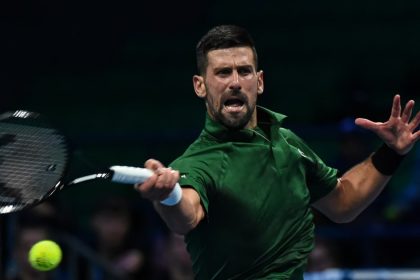The Canadian Open crowd expected a gracious runner-up speech. Instead, they got 13 seconds of Naomi Osaka’s quiet words—and no congratulations for her opponent.
Osaka had just lost to 18-year-old Victoria Mboko in a match that swung from her early dominance to Mboko’s remarkable comeback. When it came time to speak, Osaka thanked the fans but abruptly ended, leaving the arena in stunned silence.
The moment went viral. Former American pro Sam Querrey didn’t hold back: “Can Naomi Osaka act like an adult?” He called her speech unprofessional and disrespectful, arguing that champions should always acknowledge their rivals.
But not everyone agreed. Andy Roddick came to her defense, reminding fans how emotional a loss can be. “We’ve all been in that daze,” he said, noting that immediate post-match interviews aren’t always fair to players still processing defeat.
Osaka later issued an apology, saying she was “in a daze” and meant no disrespect. Mboko herself showed remarkable composure, praising Osaka in her own winner’s speech—a gesture that only fueled the contrast in public perception.
The incident has sparked a larger debate: Should sports demand perfect etiquette even in moments of raw emotion? In an age where athletes are encouraged to show their human side, does a short speech really deserve weeks of criticism?
One thing is certain—those 13 seconds will be remembered far longer than the final score. And the question lingers: in sports, should respect always come first, or is there room for grace when emotions run high?





